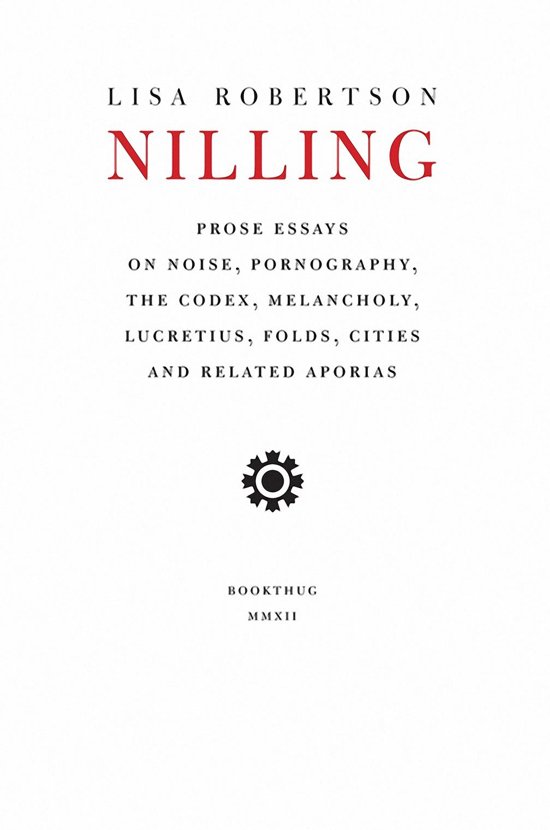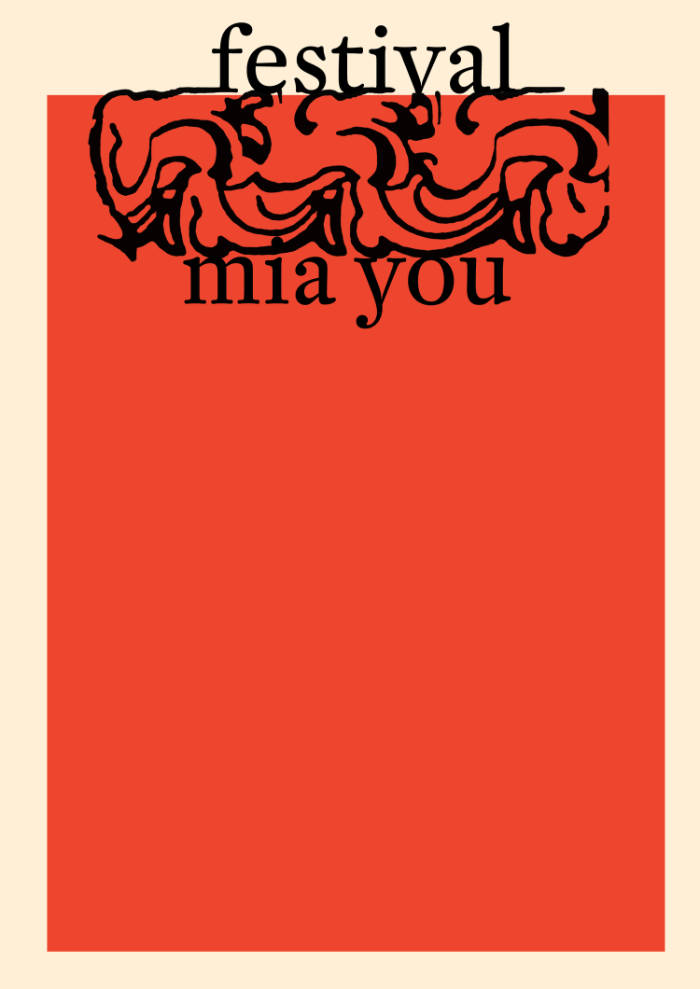
Castle Faggot
In Derek McCormack's home province, farm boys with growing pains enjoy a little-known meal called bed-supper, a hearty bowl of sweet breakfast cereal enjoyed as a midnight snack. Here McCormack has composed a peculiarly salacious bed-supper, where the long secret sweet-tooth of the Marquis de Sade glints as it sinks into the dirtiest of dishes. This useful book will more than stay your appetite until breakfast — Castle Faggot is also a manual of redecoration, a musical, a puppet show, a theory of cosmetics, a work of poetics, and a glorious celebration of the French decadence. — Lisa Robertson, author of The Baudelaire Fractal
Derek McCormack is a writer who lives in Toronto. His previous books include The Show that Smells and The Well-Dressed Wound (Semiotext(e)).







